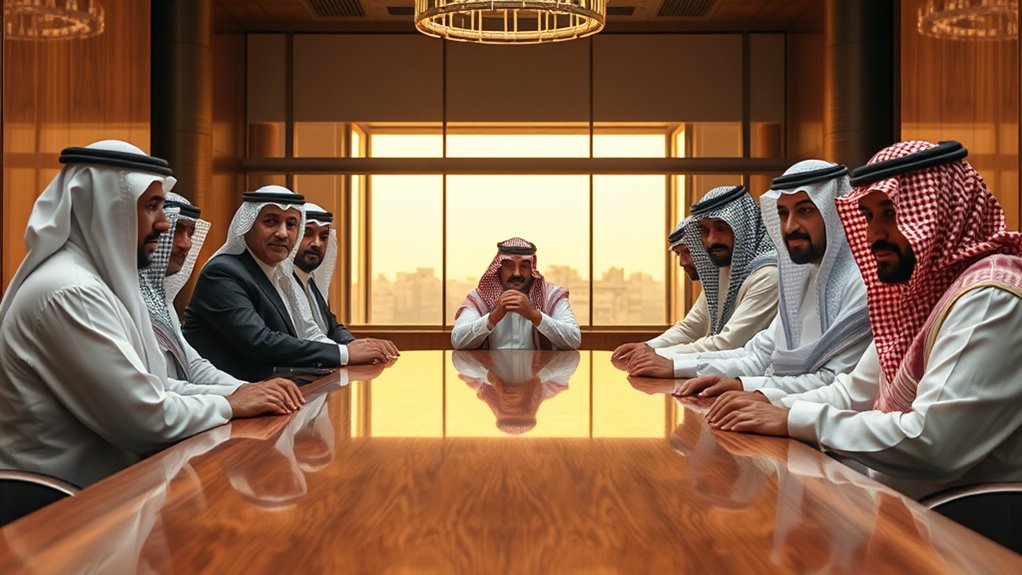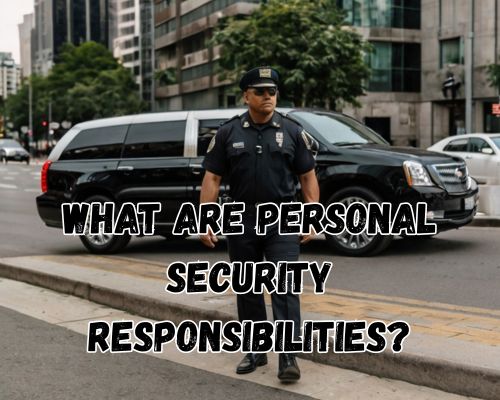The Role of Arab Leaders in Global Politics
You’re about to explore the complex world of Arab leaders in global politics. Their influence isn’t limited to the region. What role do they play? As you uncover their impact on diplomacy, trade, and cultural exchange, it’s fascinating to see how strategic decision-making shapes global narratives. If you’re intrigued by the intersection of power and influence, take a moment to explore Zoom Tunisia Online Casino, where calculated risks and strategy lead to rewarding experiences.

Historical Context of Arab Leadership
As you delve into the historical context of Arab leadership, complexity emerges, weaving a rich tapestry of experiences that have shaped the region’s trajectory.
You’ll discover a nuanced narrative of colonialism, independence, and nation-building. Arab leaders have navigated these challenges, forging distinct paths that reflect their nations’ unique cultures and histories.
You’ll notice the interplay between traditional monarchies and modern republics, each influencing the other. This intricate dance has given rise to a diverse range of leadership styles, from charismatic figures to bureaucratic regimes, all shaping the Arab world’s place in global politics.
Current Challenges and Opportunities
Many Arab leaders now face numerous challenges that test their nations’ resilience and adaptability.
You’re witnessing a complex web of social, economic, and political issues that demand innovative solutions. As you navigate these challenges, you’ll find opportunities for growth and reform.
You’re tasked with balancing traditional values with modernization efforts, all while addressing pressing concerns like unemployment and inequality.
Regional Influence and Global Implications
Because you’re deeply entrenched in the complexities of global politics, your regional influence can have far-reaching implications that resonate worldwide.
You navigate intricate webs of power, forging alliances and negotiating interests. As you wield your influence, you’re shaping the destinies of nations and peoples. Your decisions can tip the balance of power, sparking ripples that spread across the globe.
You’re not just a leader, but a catalyst for change, and your regional influence has the potential to redefine the global landscape.
You must consider the consequences of your actions, weighing each move carefully.
Arab Leaders as Global Diplomats
When you step into the role of a global diplomat, you’re thrust into a delicate dance of international relations, where the subtle nuances of your words and actions can significantly impact the course of global events.
You must navigate complex webs of alliances and rivalries, balancing competing interests with finesse.
As an Arab leader, you bring a unique perspective to the table, drawing on rich cultural heritage and historical experience.
You’re able to forge connections with diverse nations, facilitating dialogue and cooperation.
Your diplomatic efforts can help shape global agendas, promoting peace and understanding.
You’re a key player.
Economic Development and Cooperation
As you delve into the realm of economic development and cooperation, your unique position as an Arab leader allows you to tap into a vast network of emerging markets and established trade routes.
You’re poised to forge strategic partnerships, driving growth and investment in key sectors. By leveraging your country’s natural resources and geographical advantages, you can attract foreign investment, boost exports, and diversify your economy.
You’ll foster cooperation with other nations, creating mutually beneficial opportunities and strengthening regional ties. This enables you to navigate complex global economies, capitalize on new trends, and propel your nation’s economic development forward.
Security and Conflict Resolution
While navigating the intricate landscape of global politics, you’ll find that security and conflict resolution are inextricably linked, with the stability of your nation and the region hanging in the balance.
You must balance competing interests, forging alliances and negotiating treaties to secure your nation’s future. Effective conflict resolution requires diplomacy, strategic thinking, and a deep understanding of regional dynamics.
Cultural Exchange and Soft Power
You’ve established a foundation for stability and security in your nation, and now you’re poised to leverage that strength through cultural exchange and soft power.
You’re developing initiatives that showcase your country’s rich heritage, from art and literature to music and film.
By sharing these aspects of your culture, you’re building bridges with other nations and fostering greater understanding.
This subtle yet powerful approach allows you to promote your nation’s interests and values without resorting to coercion or force, making you a more effective and influential leader on the global stage, with a unique voice.
Future Prospects and Emerging Trends
The future of global politics will be shaped by your ability to adapt to emerging trends and harness their potential, because the world is changing at an unprecedented pace.
You’ll need to navigate complex networks and forge strategic alliances to stay ahead. As you explore new opportunities, you’ll discover that technology and innovation are redefining global relationships.
You’re likely to see a shift in power dynamics, with emerging economies playing a more significant role. By embracing these changes, you can unlock new possibilities and create a more sustainable, equitable future.
Your adaptability will be key to success.
losing Remarks
As you navigate the complex world of global politics, you’ll find Arab leaders playing a crucial role, shaping regional stability and international relations. Their unique blend of cultural savvy and strategic access will continue to influence global dynamics, fostering cooperation and understanding. You’ll see their impact unfolding, a nuanced dance of power and diplomacy, in the years to come.

